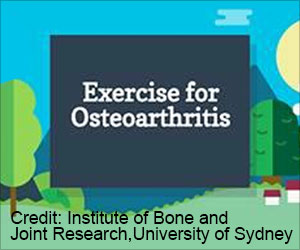Successful career transitions could be possible when people leverage their existing skills in the new occupation. A new Artificial Intelligence tool helps employees figure out the right job according to their current skill set.

TOP INSIGHT
The recommender system predicts occupational transitions with a 76% accuracy. It can also suggest the jobs to which a person can transfer easily than the other based on his/her current skill set.
The team took data from Burning Glass Technologies, an analytics software company that provided real-time information on jobs and labor market trends 2012 and 2020 and compared the job transition predictions with data from the Household, Income and Labour Dynamics in Australia (HILDA) survey in order to validate these predictions with nearly 3000 real-life examples.
After all these processes, the recommender system was able to predict occupational transitions with a 76% accuracy and suggest whether moving in one direction is easier.
While emerging technologies like machine learning seem to disrupt labor markets, Dr. Dawson from the UTS Data Science Institute has a different opinion. He says, "If you look back in history, it's almost never the case that there are fewer jobs due to automation, but rather new jobs are created at the same time old ones disappear."
"So, it is fundamental that people have the ability to build the requisite skills and transition smoothly into these new jobs. The ability to undertake micro-credentials in specific skill areas, customized for the individual, will likely be a key part of this future."
 MEDINDIA
MEDINDIA




 Email
Email










